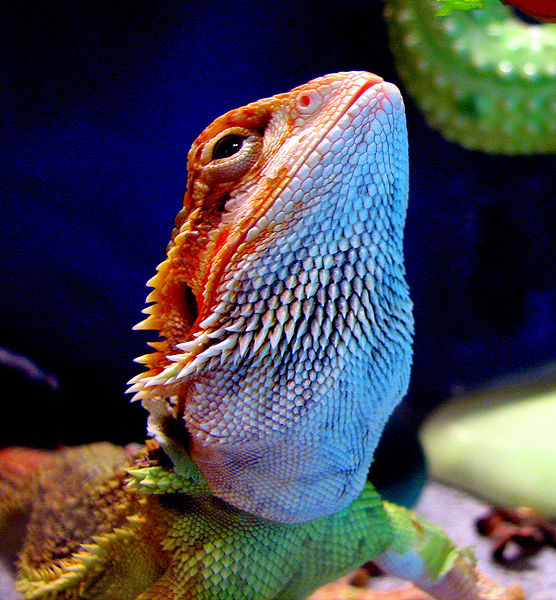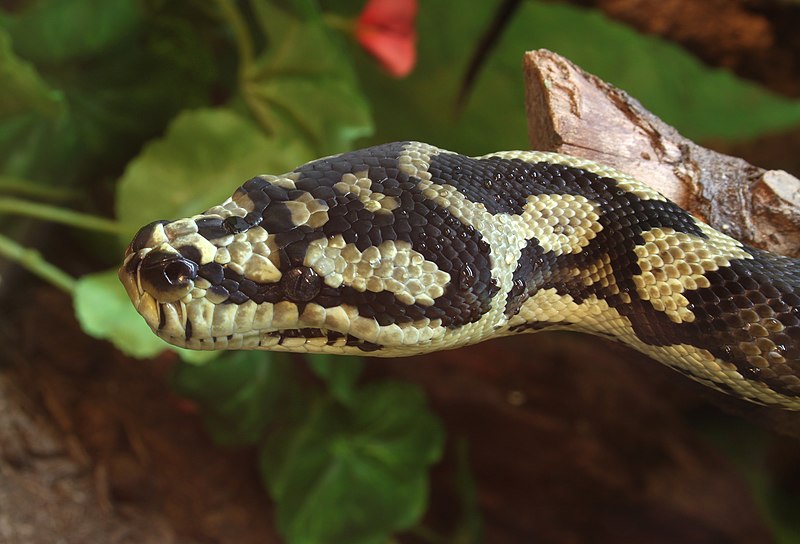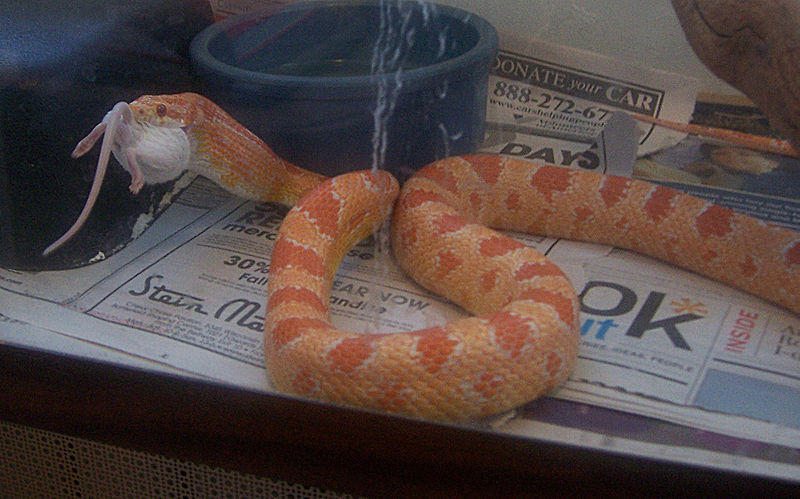 Bearded Dragons are among the hardiest of all lizards, and very well-suited to captivity. However, a serious viral disease to which they are prone is well-established among populations in theUSA and several other countries. Unfortunately, Atadenovirus infections, also known as Wasting Disease and Star Gazing, are incurable and difficult to detect by symptoms alone. Related viruses afflict Blue-Tongued Skinks, Fat-Tailed Geckos, Leopard Geckos, chameleons and other reptiles, birds and mammals, but infections are most commonly diagnosed in Bearded Dragons.
Bearded Dragons are among the hardiest of all lizards, and very well-suited to captivity. However, a serious viral disease to which they are prone is well-established among populations in theUSA and several other countries. Unfortunately, Atadenovirus infections, also known as Wasting Disease and Star Gazing, are incurable and difficult to detect by symptoms alone. Related viruses afflict Blue-Tongued Skinks, Fat-Tailed Geckos, Leopard Geckos, chameleons and other reptiles, birds and mammals, but infections are most commonly diagnosed in Bearded Dragons.
Infection and Transmission
Atadenoviruses are highly contagious, and spread via body contact and improperly cleaned tools or terrarium accessories. Female Bearded Dragons may also pass infections along to their young. There is evidence that some Bearded Dragons harbor the virus while remaining otherwise healthy, and that sensitivity varies among individuals that do become ill. Read More »
 That Reptile Blog – Reptile, Amphibian and Exotic Pet Care and Information
That Reptile Blog – Reptile, Amphibian and Exotic Pet Care and Information



